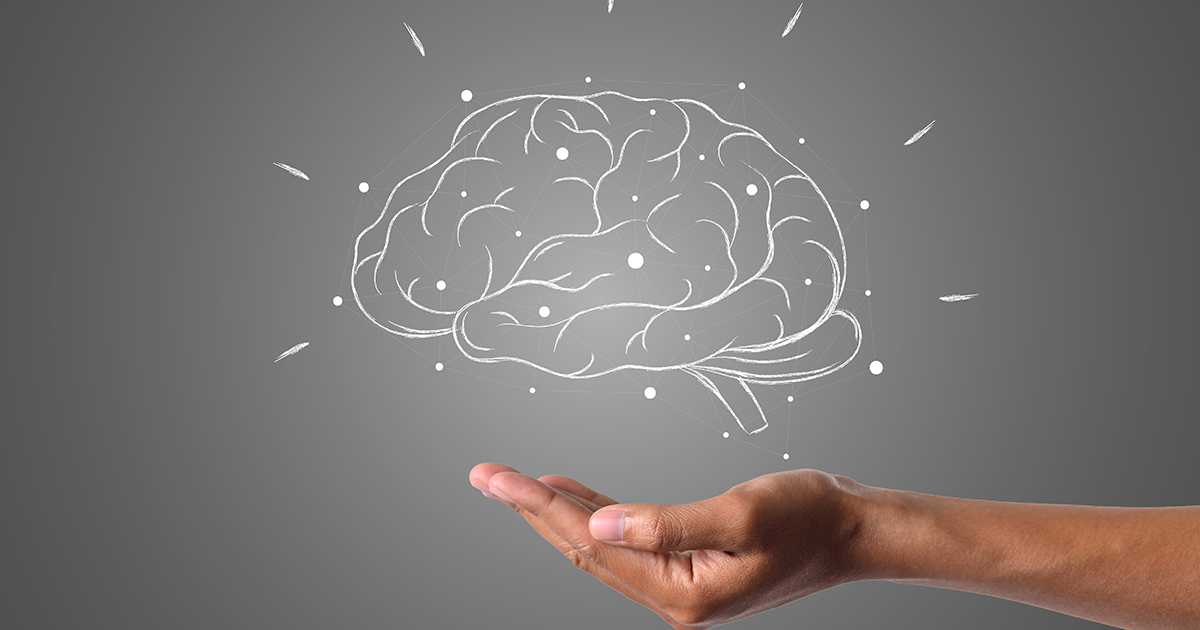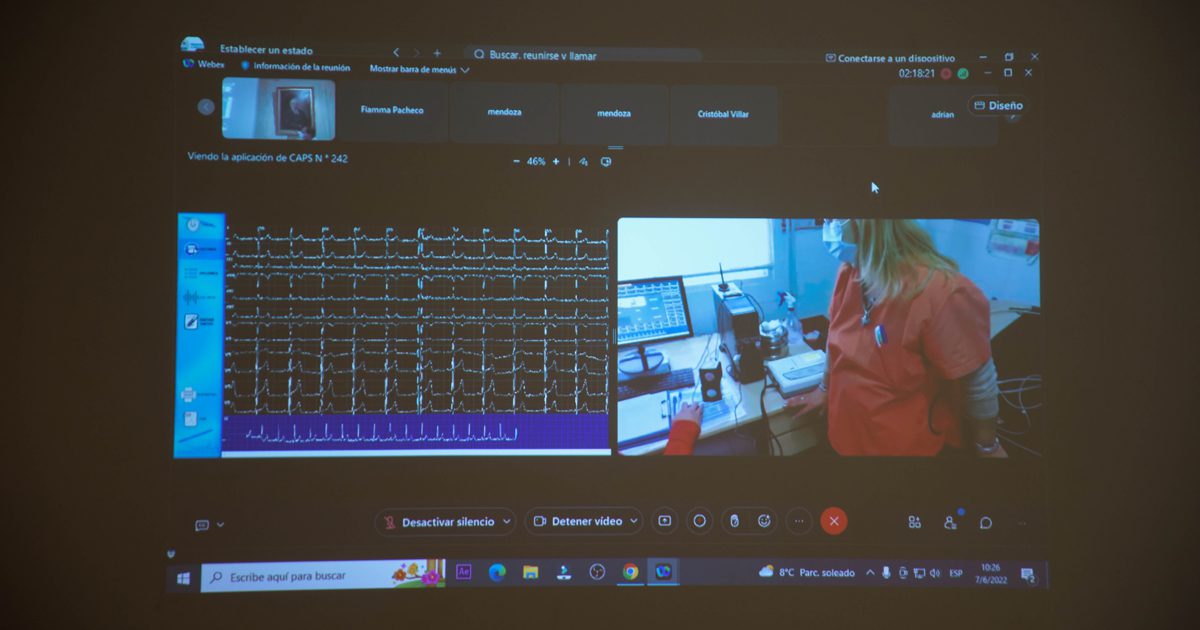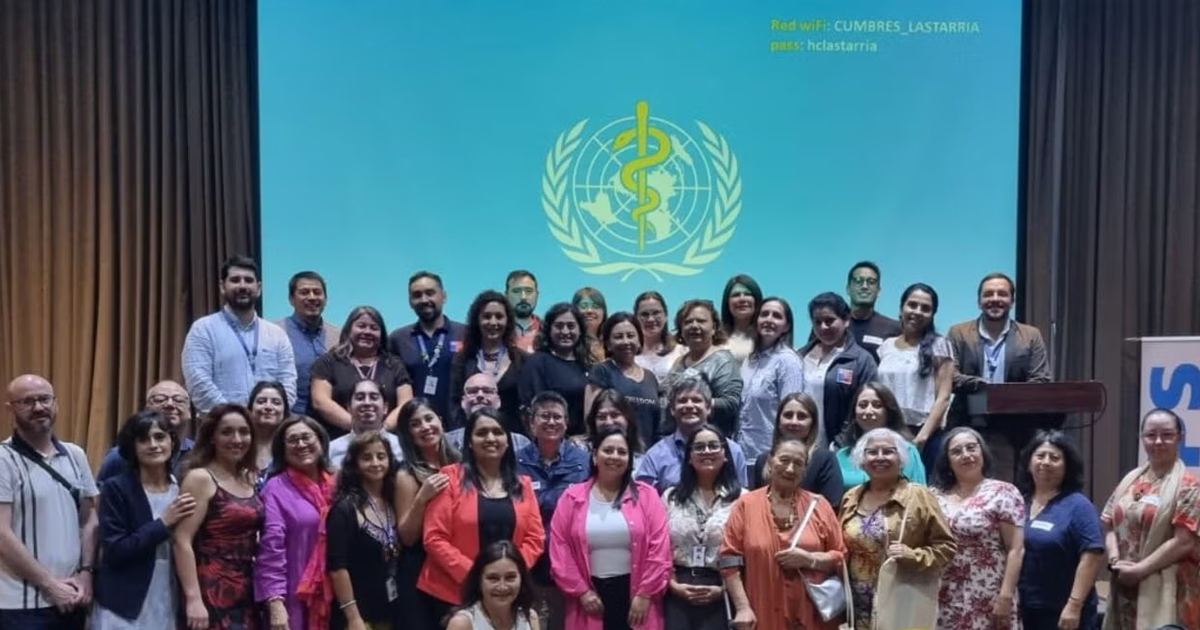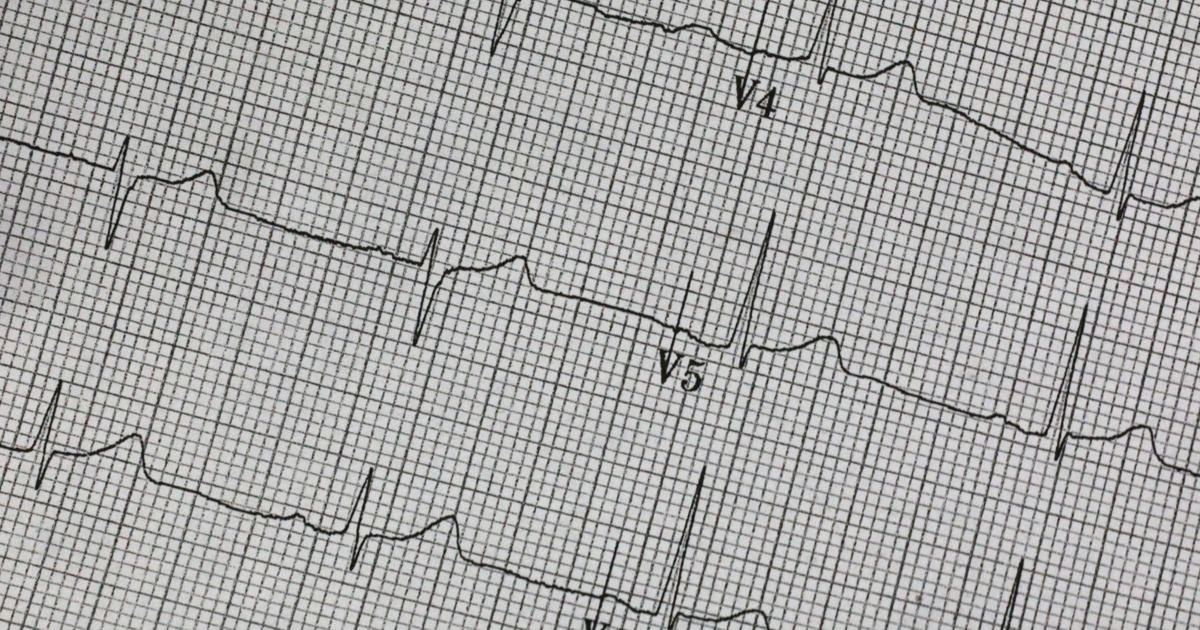Investigadores del Massachusetts General Hospital, han utilizado Artificial Intelligence (AI), para explorar el bienestar psicológico y brindar herramientas que apoyen a los pacientes a largo plazo.
El equipo del Massachusetts General Hospital en colaboración con Deep Longevity Limited, desarrollaron modelos de AI para explorar el bienestar psicológico y crear herramientas que ayuden a las personas a mejorar la satisfacción con la vida a largo plazo, especialmente durante la vejez.
Los resultados de la investigación fueron publicados en la revista aging en un artículo titulado: “Optimizando el bienestar futuro con inteligencia artificial: mapas autoorganizados (SOMs) para la identificación de islas de estabilidad emocional”. La investigación presentó un modelo de aprendizaje profundo y de psicología humana, que es capaz de predecir la edad actual del usuario y su bienestar futuro. Asimismo, a través de un mapa 2D el estudio presenta un esquema de las regiones del cerebro que son más vulnerables a la depresión.
“En este trabajo, destacamos las tendencias relacionadas con el envejecimiento en el bienestar y hemos presentado un modelo dinámico de psicología humana que permite maximizar el nivel individual de felicidad”, explicó la coautora y Dra. Nancy Etcoff.

El artículo estudió diversas variables relacionadas con el bienestar psicológico a largo plazo: Relaciones positivas, autoaceptación, autonomía, crecimiento personal, dominio ambiental, propósito en la vida, años, afecto depresivo, afecto deprimido y anhedonia. La recopilación de estos datos se basan la aplicación de cuestionarios y aprendizaje profundo.
A través del desarrollo de modelos basado en las variables mencionadas, los autores explican que es posible que esos datos ayuden a desarrollar herramientas en línea para la mejora de la salud mental, intervenciones guiadas por terapeutas e incluso aplicaciones móviles.
Además de las variables mencionadas, el estudio pudo identificar otras 32 variables utilizadas para realizar las predicciones individuales de los pacientes, en las que destacan, la satisfacción con la vida actual, cercanía con la comunidad, relaciones interpersonales, actividades diarias, entre otras.
“Para abordar la primera parte de nuestro objetivo de investigación, preseleccionamos 32 variables psicológicas asociadas con el bienestar y creamos un predictor de edad y bienestar futuro. El predictor de edad, como era de esperar, mostró un rendimiento deficiente ya que las características sobre las que se construyó no se eligieron para ser representativas de la edad”, explican los autores.
Por otra parte desarrollaron un modelo de aprendizaje basado en SOM para proporcionar objetivos personalizados de superación personal. “Los SOM son un tipo de modelo de aprendizaje no supervisado que comparte similitudes tecnológicas con las redes neuronales”. Los SOM son utilizados para describir la salud mental de las personas y determinar trastornos mentales en función del habla transcrita de los pacientes. “El modelo citado ha alcanzado una alta precisión (97%) al predecir el tipo de enfermedad mental”, explica el estudio.
Conoce más sobre este estudio en el siguiente enlace: https://www.aging-us.com/article/204061/text







